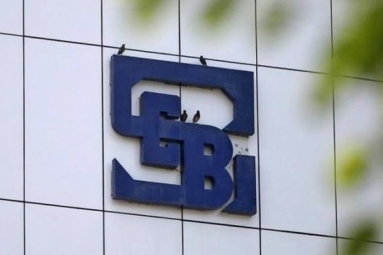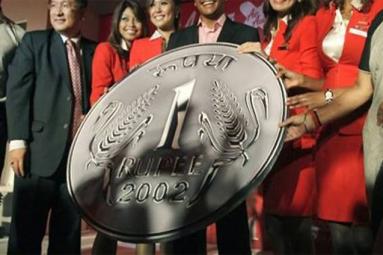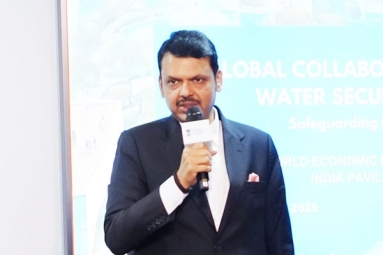
(Image source from: STANKOVICLawOffice)
In the last four financial years (2014-15-2017-18), Maharashtra witnessed a multitude of Foreign Direct Investments (FDIs) by non-resident Indians.
NRIs have invested Rs 1,454 crore in the state, which is 30 percent of the total NRI investments of Rs 4,820 crore in the country, making it evident that Maharashtra has emerged as the favorite destination for FDI by NRIs.
Kerala and Gujarat received Rs 902 crore and Rs 515 crore respectively during the same period.
The Ministry of Commerce and Industry data presented to the Lok Sabha in February shows that the three States together received 60 percent of investments in this category.
“The Government has put in place a liberal and transparent policy, wherein most of the sectors are open to FDI under the automatic route. The Government reviews the FDI policy on an ongoing basis and makes significant changes from time to time, to ensure that India remains an attractive and investor-friendly destination. FDI policy is an enabling policy which is uniformly applicable in the country” the Ministry said.
Goa (with Rs 2.85 crore), Madhya Pradesh ( Rs 1.02 crore), Daman & Diu ( Rs 1 crore), Chhattisgarh ( Rs 0.13 crore) and Punjab ( Rs 0.05 crore) are at the bottom of the chart of NRI investment flows.
Earlier, the Ministry had informed the Rajya Sabha that the extant FDI policy provides some special dispensations for investments made by NRIs, Persons of Indian Origin (PIOs) and Overseas Citizen of India (OCIs) under Schedule 4 of Foreign Exchange Management Act (Transfer or Issue of Security by Persons Resident Outside India). Regulations on the non-repatriation basis are deemed to be a domestic investment on par with the investments made by residents.
The special dispensation of NRIs is also available to companies, trusts and partnership firms, which are incorporated outside India and are owned and controlled by NRIs.
The dispensations are provided with a view to encouraging investments from NRIs resulting in larger FDI inflows across the country.
-Sangam Sowmya



















